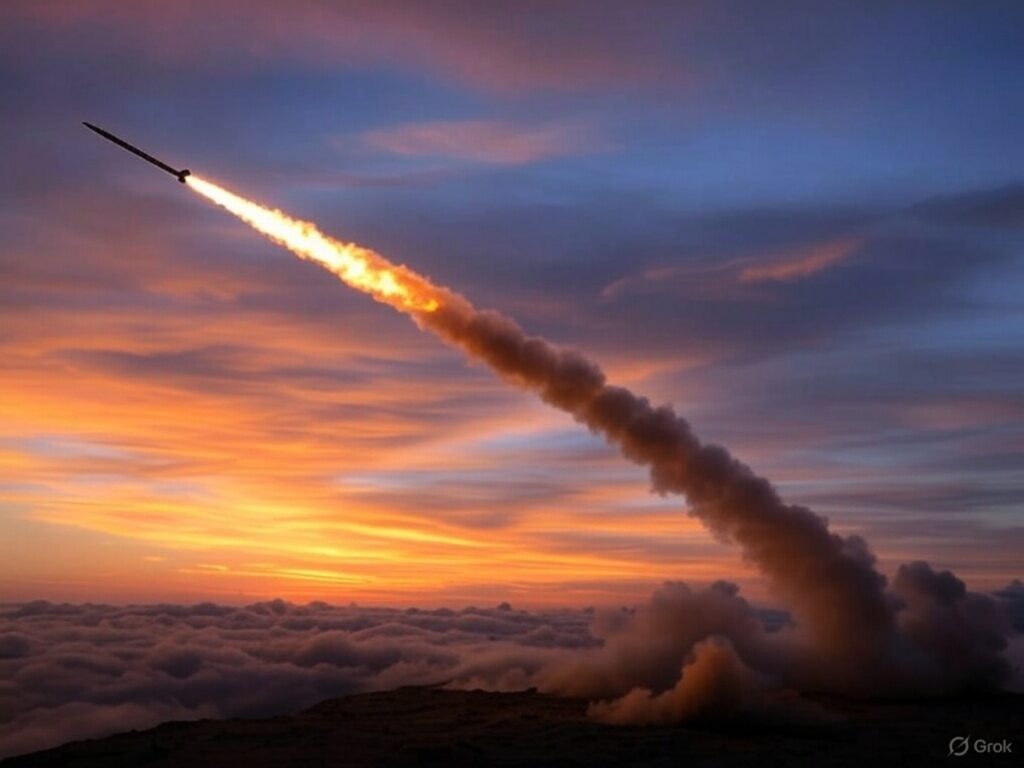The successful launch of the Abdali Weapon System, conducted during Exercise INDUS, is seen as a provocative move by Pakistan as India-Pakistan relations deteriorate following the Pahalgam terror attack.
By New Delhi Post Desk
New Delhi: On May 3, 2025, Pakistan announced the successful test-firing of its Abdali Weapon System, a surface-to-surface ballistic missile with a 450 km range, amid escalating tensions with India following the April 22 Pahalgam terror attack that killed 26 civilians. The launch, part of Exercise INDUS, has been widely interpreted as a strategic signal during a period of heightened conflict.
Details of the Missile Test
The Pakistan Army stated that the launch aimed to assess operational readiness and validate technical features, including the missile’s advanced navigation system and enhanced manoeuvrability. Conducted at an undisclosed location, the test was overseen by the Commander of the Army Strategic Forces Command, alongside senior officials from the Strategic Plans Division, Army Strategic Forces Command, and scientists from Pakistan’s strategic institutions. The missile, developed by Pakistan’s Space and Upper Atmosphere Research Commission (SUPARCO), is designed for battlefield use, capable of targeting military bases and infrastructure with a reported accuracy of 150 meters Circular Error Probable (CEP).
Pakistan’s Leadership Response
President Asif Ali Zardari, Prime Minister Shehbaz Sharif, and armed services chiefs congratulated the personnel involved, expressing confidence in Pakistan’s Strategic Forces to maintain credible minimum deterrence and safeguard national security. However, the timing of the test, following weeks of unmaterialized missile test warnings, has raised questions about whether this is a genuine demonstration of capability or a calculated act of sabre-rattling to deflect international pressure over the Pahalgam attack.
India’s Reaction and Regional Context
Indian authorities have labeled the test a “reckless act of provocation” and a “dangerous escalation,” especially given the volatile situation after the Pahalgam attack, which India attributes to cross-border terrorism. The test follows India’s suspension of the Indus Waters Treaty and Prime Minister Narendra Modi granting the military operational freedom to respond. Pakistan’s military posturing, including naval exercises in the Arabian Sea and increased border activity, suggests a broader strategy to project strength amid fears of Indian retaliation.



